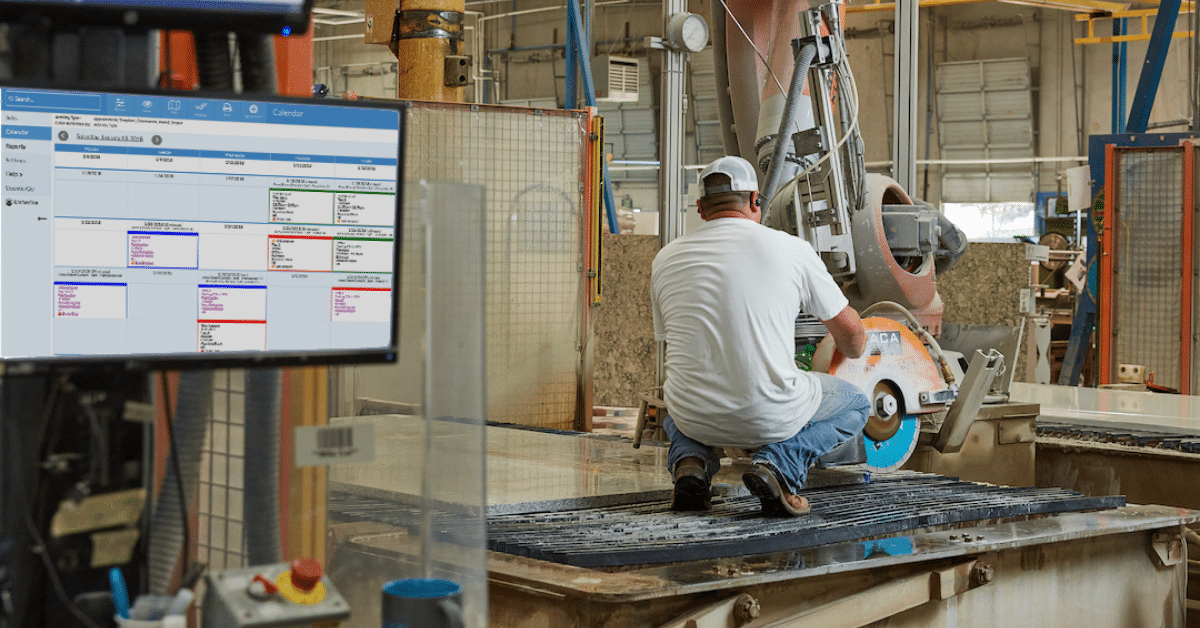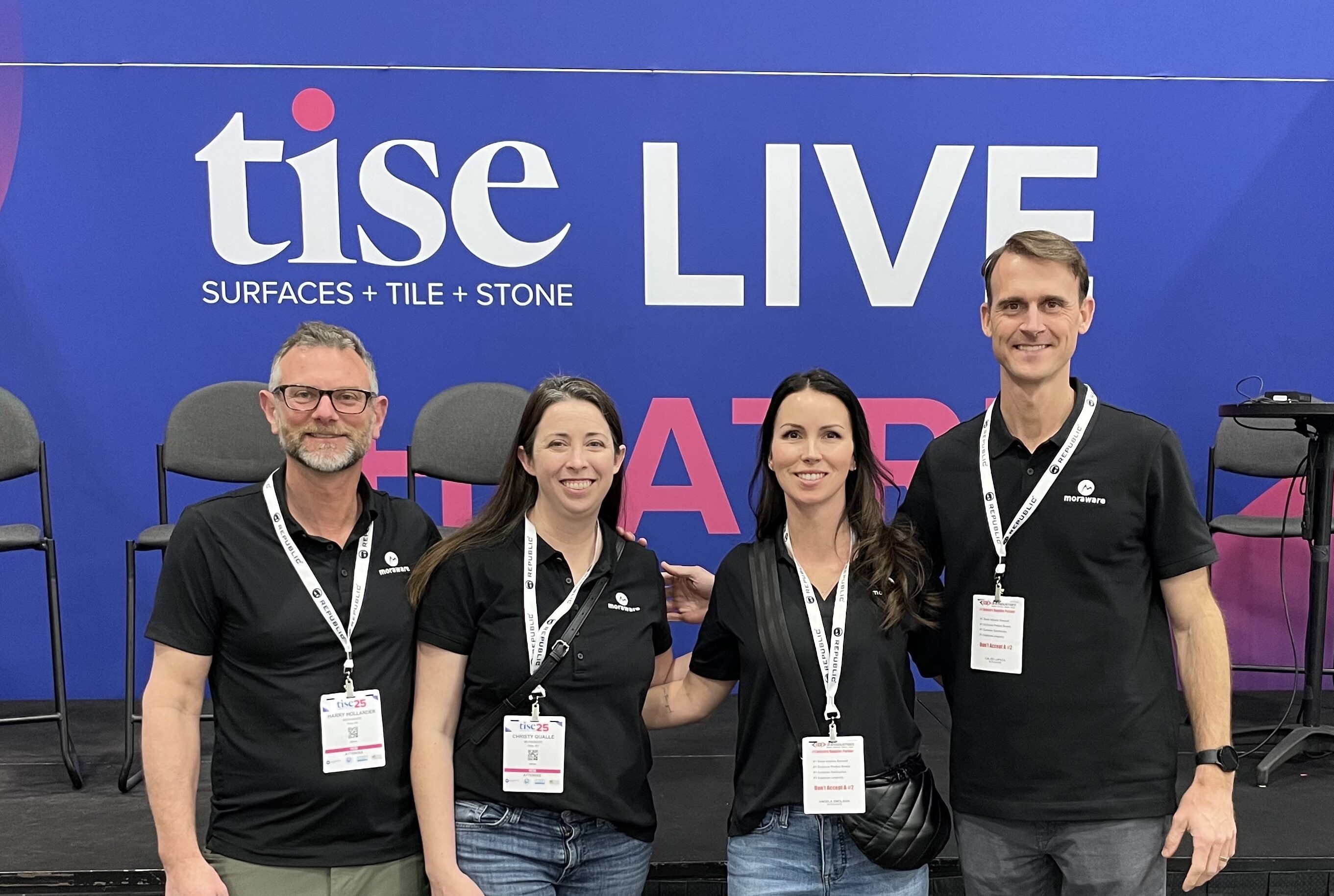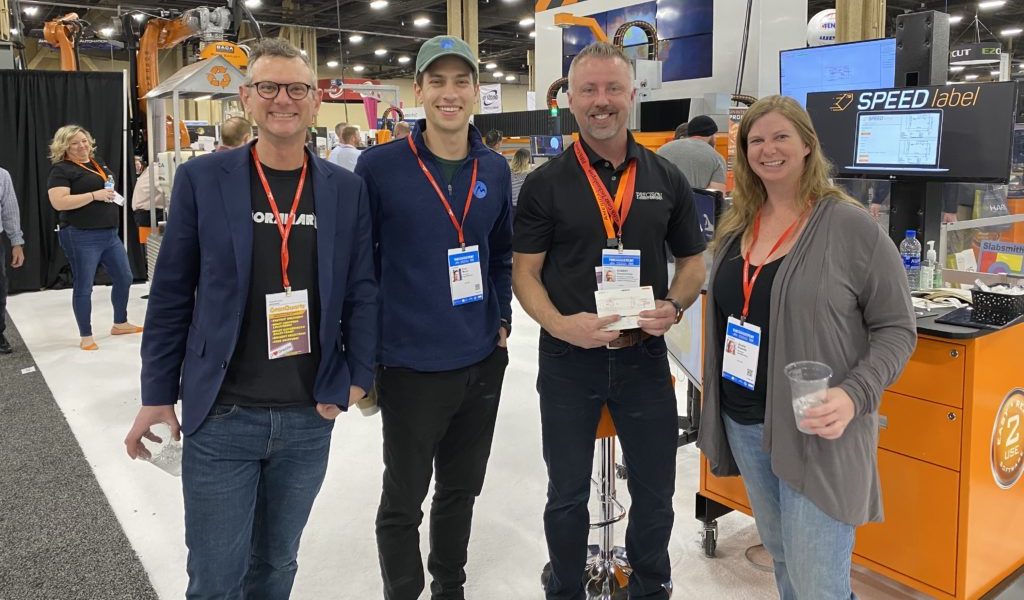Imagine you’re on a remote island with poor phone service and a worse internet connection. Does your business continue to run and grow?
Could you do that for a day? A week? A month?
I’m trying that experiment right now. Even though I’m the president and one of the owners of Moraware, I’ve been traveling since the beginning of April and I’m intentionally not connected to the day-to-day operations. I’m planning on being “back” in July, but I assume my role will be different after this experiment, and I’m not sure what that means yet.
So far it seems to be going pretty well. We’re continuing to grow, more countertop fabricators are successful with our software, and the Moraware team seems happy. I think there are some reasons that apply to any business.
Team
The number one reason that I can be away from the day-to-day operations at Moraware is that we have an awesome team who’s responsible for making the magic happen every day. Everyone at Moraware is focused on doing the jobs they love, they’re great at, and are most important for the company.
In part, we’ve got a great team because of how we hire. With each new person who’s joined Moraware, we’ve spent more time than just a typical “interview”. We want folks with great skills, but just as important is their compatibility with our company values.
Because we have shared values as a team, we’ve built trust which is hugely important.
The other reason our team is able to get the job done every day is that we’ve spent lots of time building internal processes and systems.
Systems
Shortly after we started Moraware, we hired our first salesperson and software developer and told them to “go do that stuff.” Over the years, despite our original plan to keep the company as small as possible, we’ve continued to grow the team.
In those early days, our loosey-goosey philosophy of management was okay. We knew that we should have some systems in place (we use our own Systemize product as our primary customer database…), but we weren’t very focused on building processes.
Our first brush with process came when we hired our second salesperson. We had three folks doing sales (I love sales, too) – and we had three very different outcomes. We spent time working on a well-defined sales process, and it dramatically improved both the speed of sales and the ultimate success of the countertop fabricators who use our software.
And Processes
After that first stab at process, we didn’t work on systems for a long time. But just over a year ago, at the beginning of 2017, we started to feel some pain on the customer-facing part of the team.
We had experienced lot of growth that meant we added to the team and had more responsibilities to customers, but what had worked before wasn’t scaling.
For the first time, folks on our team were getting grumpy. That didn’t bode well for anyone. We were all stressed because it wasn’t clear who was responsible for what. And, as a result, I’m pretty sure our customers weren’t getting the best help from us.
I’ve always been wary of process and my default approach was always to brute-force my way through work. “Oh, we can’t respond to all of our customers in 8 hours? I’ll just work 10. Or 12.” As an owner of a company, that approach was creating a point of failure in the company (me), undermining our team’s efforts, and burning everyone out.
To fix that problem, we created “Standard Operating Procedures” that explain why we’re doing a task, how to do the task, and how we measure the task. Some of those SOPs are high-level -like the role of a customer support manager, and some are down to the nitty gritty of how to deal with a declined credit card.
Building SOPs isn’t the whole answer, but it has given us a framework to make sure we’re doing the right work consistently and in a way that is sustainable long-term for the team.
Ongoing improvement
As your business continues to evolve, that change in organizational structure continues, too. If Moraware had twice the number of employees, the systems and processes we have in place today probably wouldn’t work.
So, as leaders, we need to keep working on the overall machine that is the business.
Even though everything’s humming along at Moraware today, that process of improvement is never done either. We (like most companies) want to keep improving our revenue, profit, and the quality of life of our team.
Plus, the way we helped countertop fabricators when we had 20 or 200 customers, is really different from how we help 2000 businesses.
I’ve worn many hats over the years at Moraware, and I’m really energized about the future – both for the company and my role in it. Taking a temporary step back is letting me think more about the big picture, our company goals, and how to keep making it better for our customers and our team.
Want to read more articles like this? Sign up for our monthly newsletter here:



